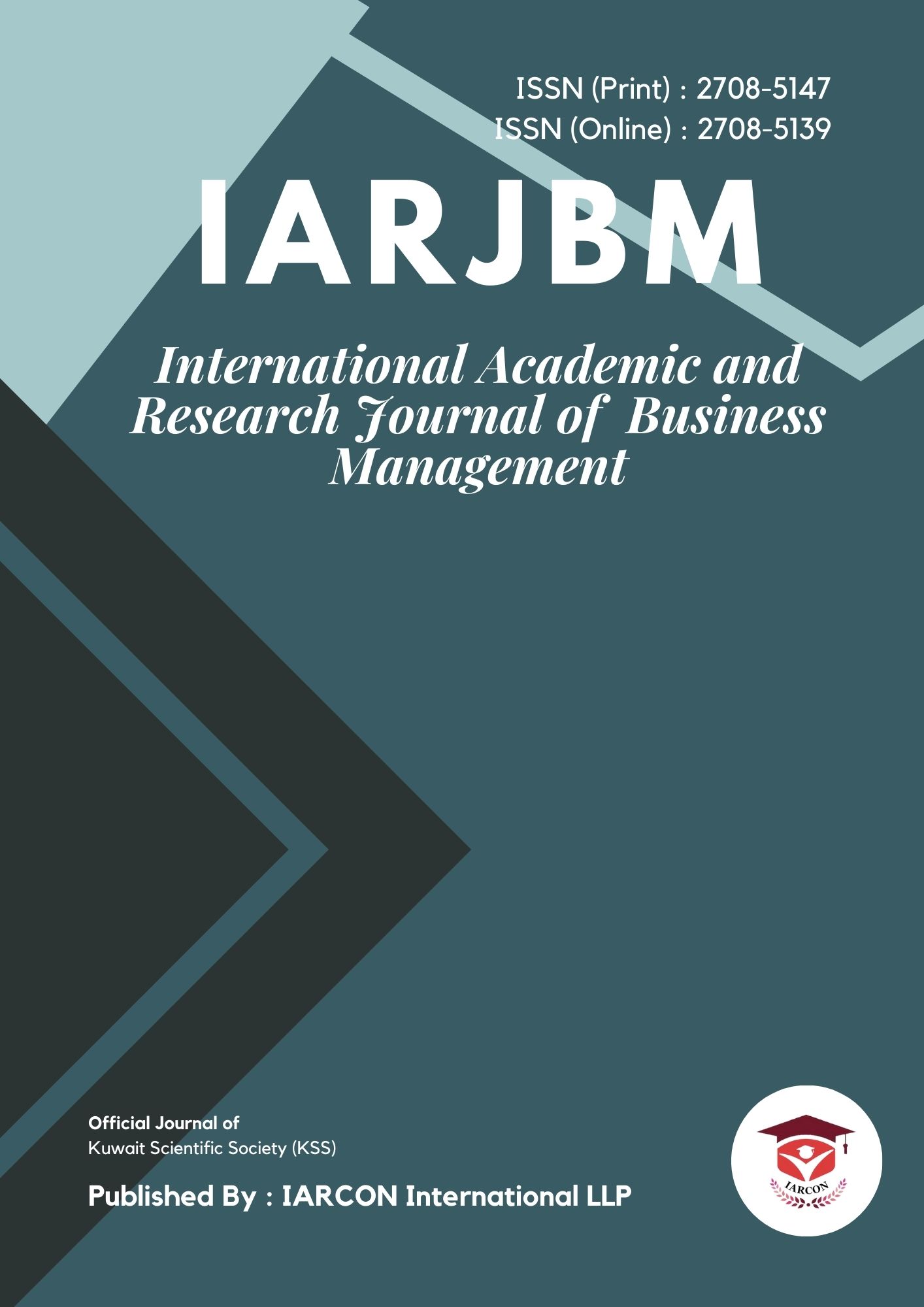Public Financial Management Interventions and Incidence of Corruption in Wakiso District, Uganda
This study examined the effects of public finance interventions on the incidence of corruption in Wakiso District, Uganda, the study was guided by New Public Management (NPM) theory, Public Value Management theory and Bureaucratic Theory. Despite the enactment of legislation like the Budget Act, 2001 and the adoption of systems such as the Integrated Financial Management System (IFMS) aimed at improving public finance management (PFM), corruption persists, marked by high-profile scandals and financial misappropriations, including significant embezzlement cases. The research objective was to assess the effects of public finance management interventions on corruption incidences in Wakiso District. The study employed a cross sectional survey research design and utilized quantitative data collection and analysis techniques based on a case study method. The target population comprised 160 administrative officers of Wakiso District, with a stratified sampling method selecting a sample of 113 wakiso district staff officers. The findings revealed (R2 = 0.618) to budget preparation which impies that budget preparation accounted for 61.8% of the variance in corruption incidences. Results of regression analysis show t The t-test for the budget preparation coefficient is extremely significant (t = 12.652, p <0.001), offering strong evidence against the null hypothesis. The constant (B = 0.126, p = 0.670) is not significant, suggesting that improved budget preparation is associated with a decrease in corruption. Therefore, Wakiso District Local Government should advocate for rigorous budget planning as a key component in combating corruption incidences in public finance management.

